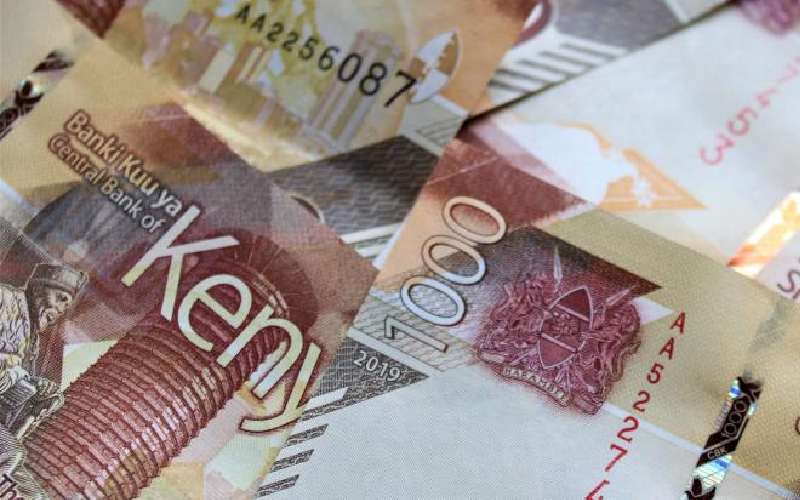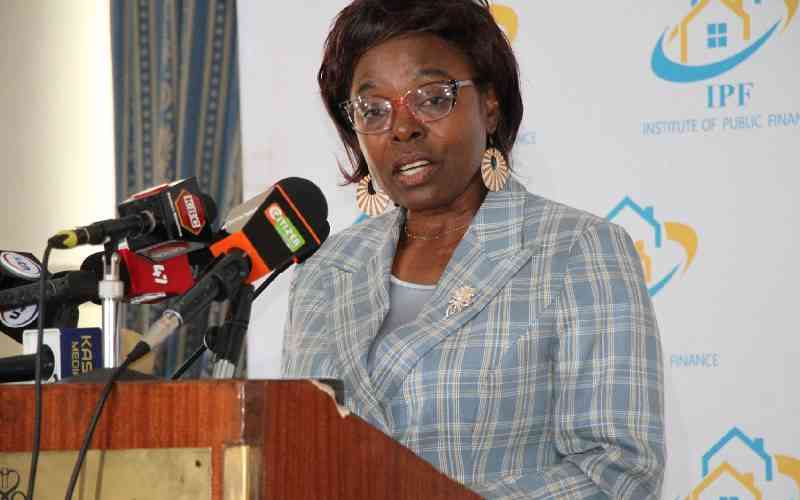×
The Standard e-Paper
Stay Informed, Even Offline

Foreign exchange reserves dropped substantially after Treasury paid China Sh35.2 billion. This includes the first repayment of the loan used to build the Standard Gauge Railway (SGR) from Nairobi to Naivasha.







